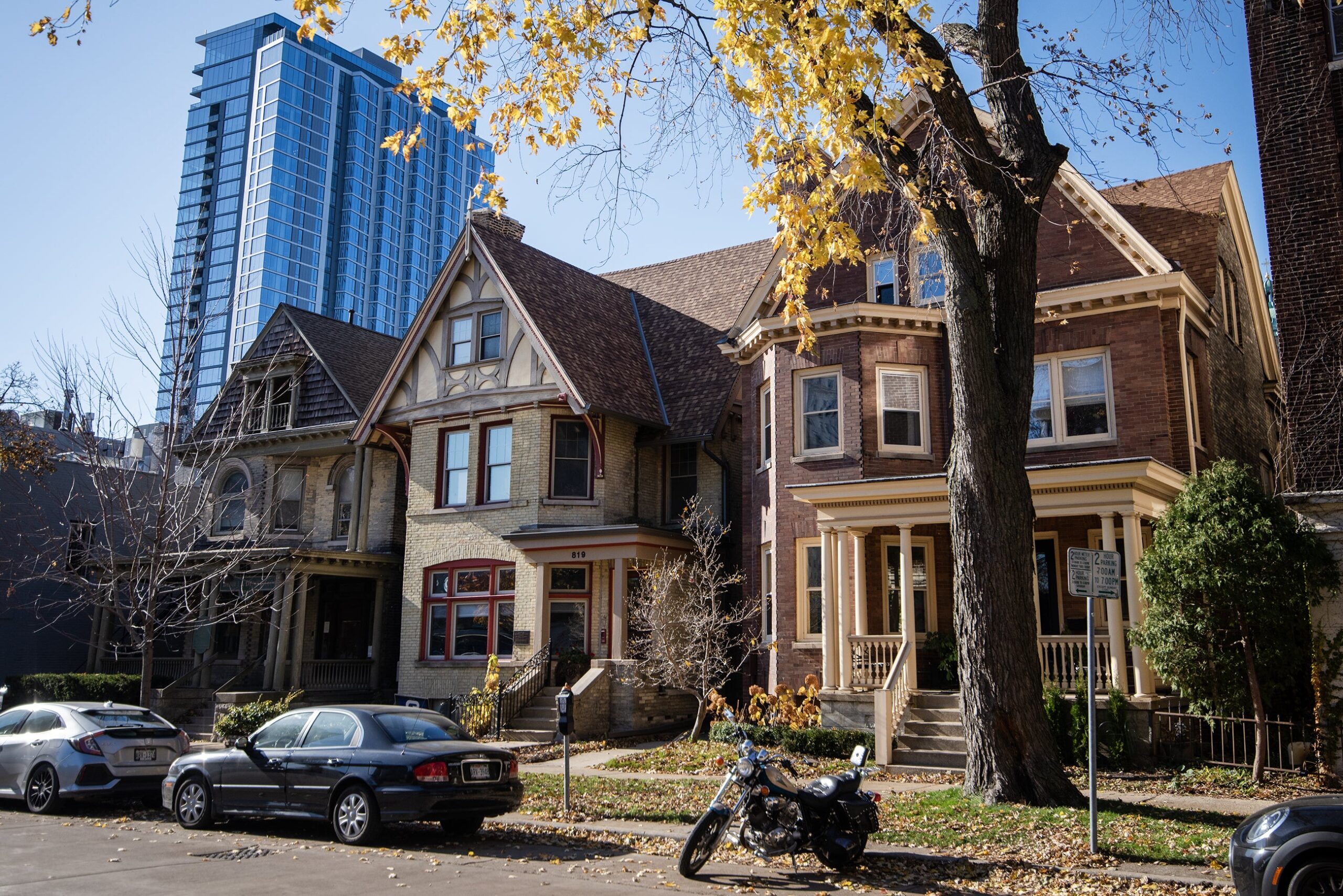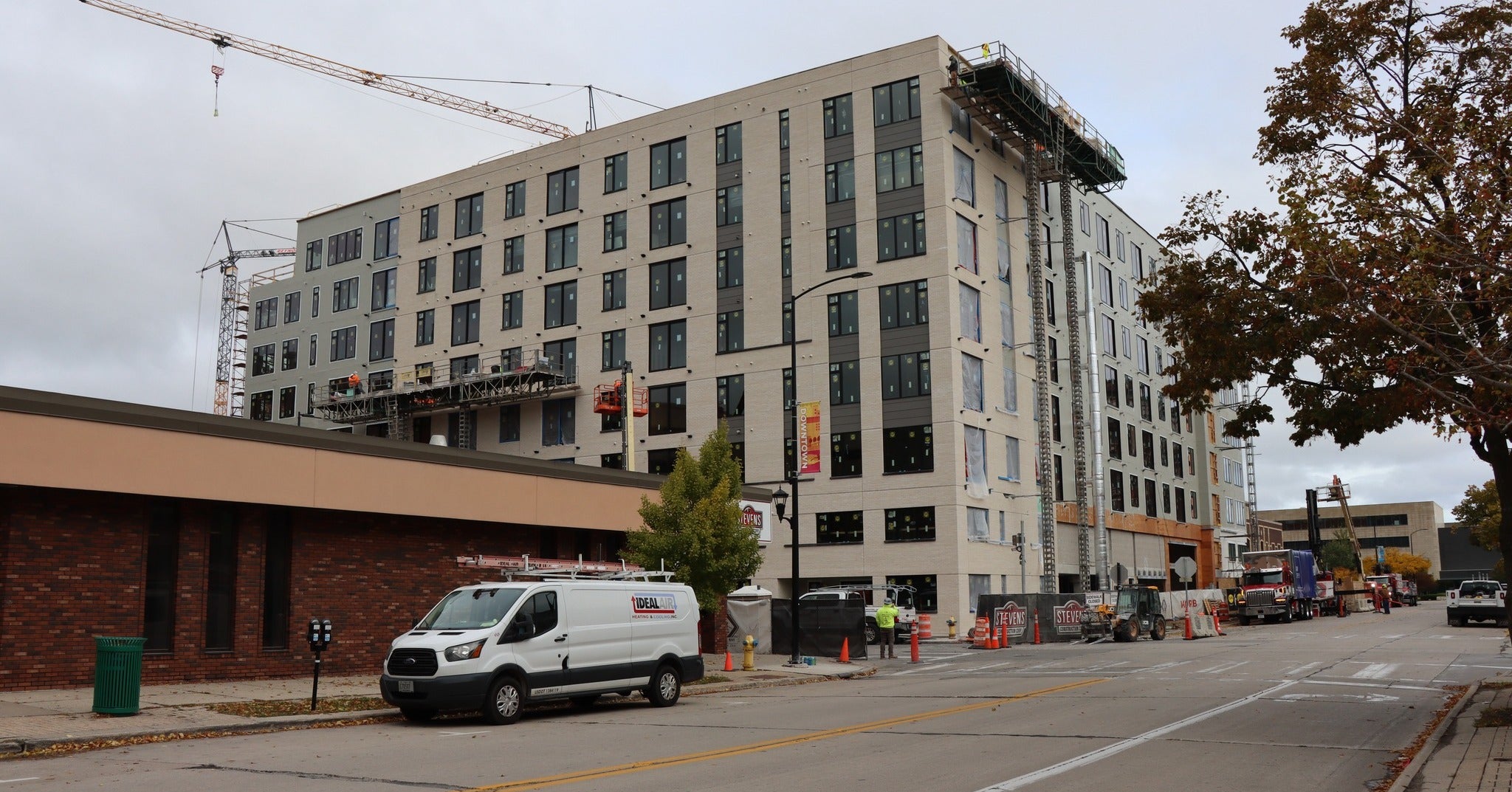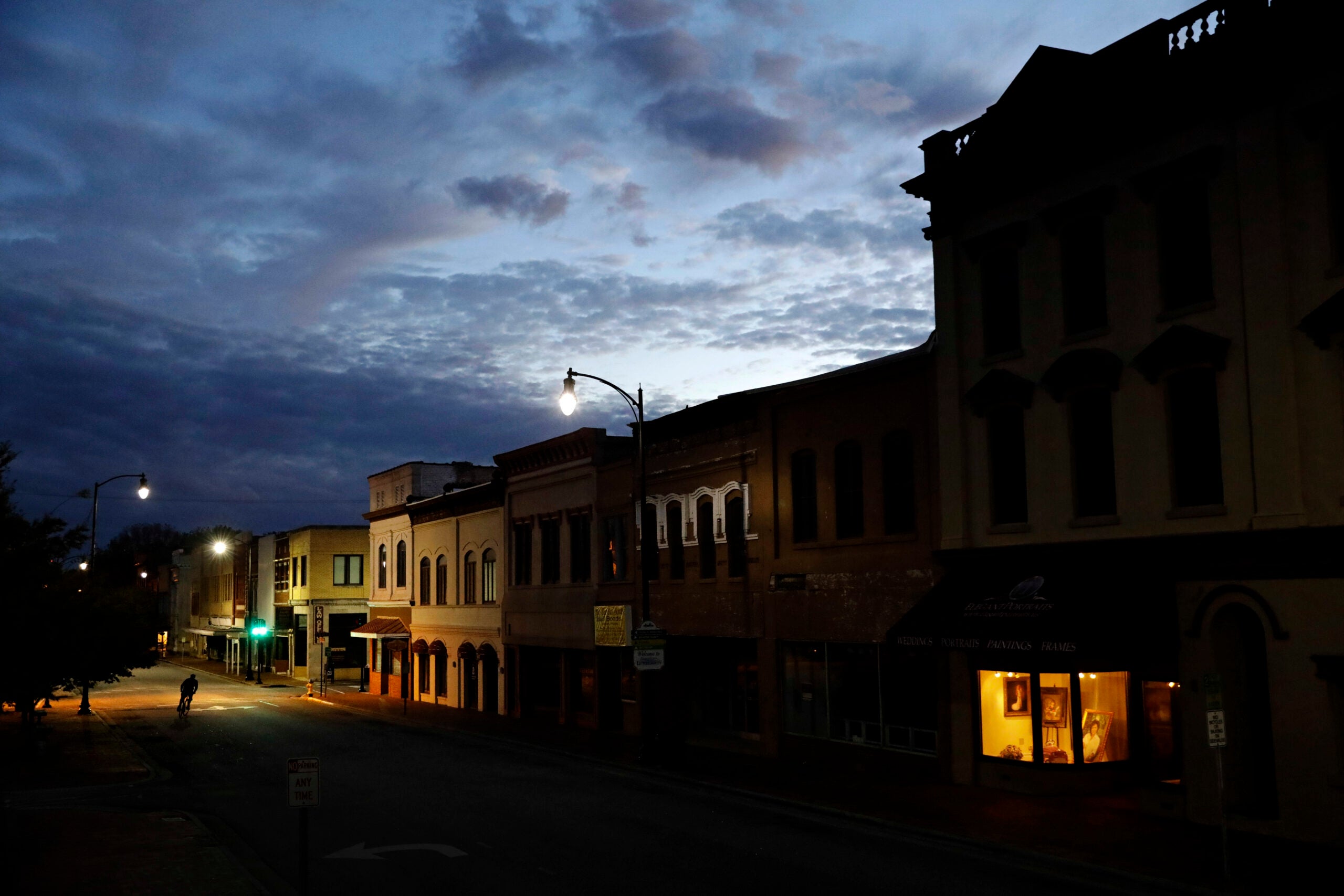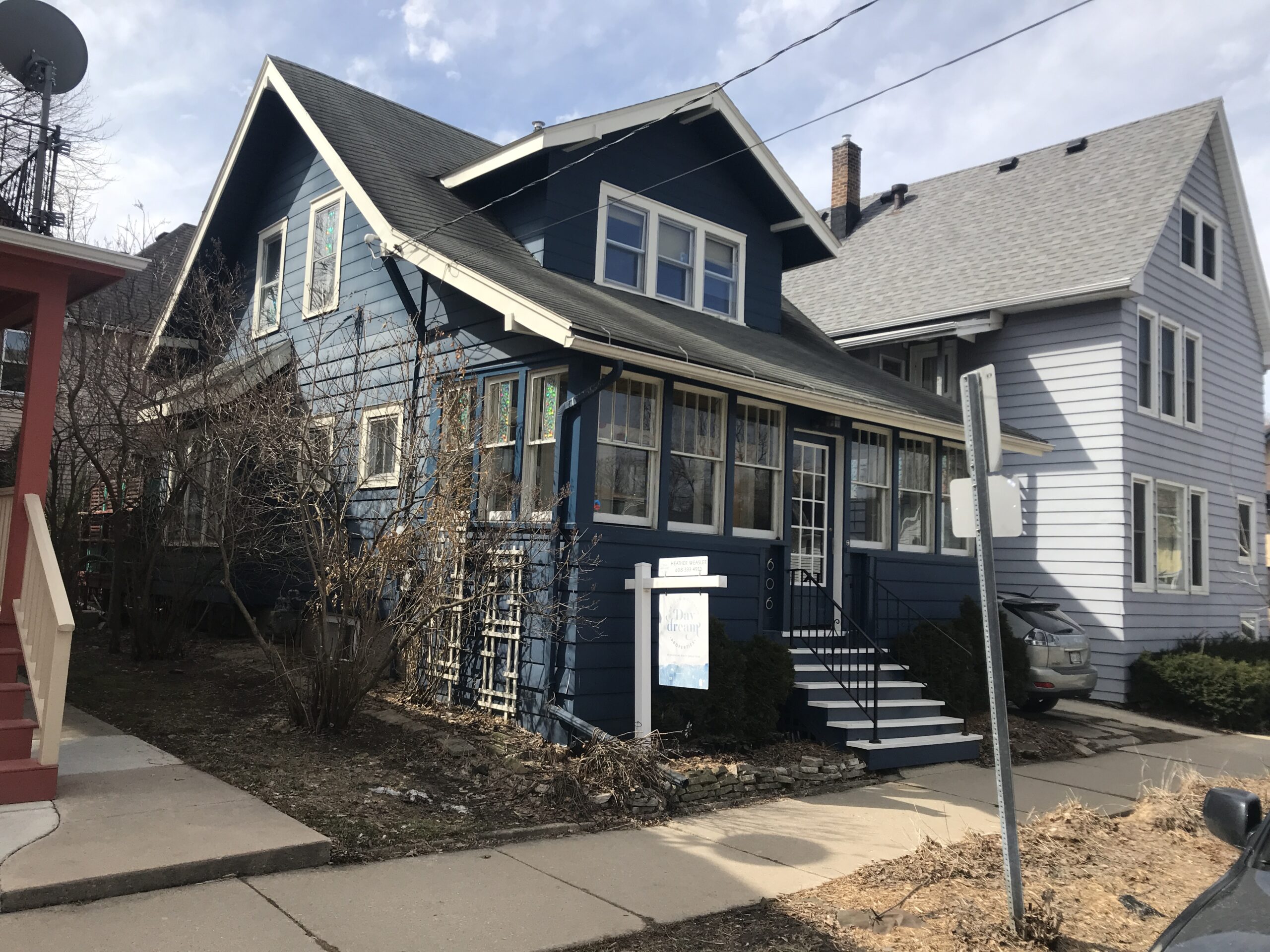A Wisconsin banker and mortgage specialist said she expects the Federal Reserve to cut interest rates again this year, a move that will gradually build on economic momentum heading into 2025.
The Federal Reserve lowered interest rates by half a percentage point last week. That’s the first time it has cut interest rates since the start of the COVID-19 pandemic.
The Federal Reserve influences mortgage rates, but it doesn’t set them. Some Wisconsin realtors told WPR on Monday that they hope mortgage rates will continue to decline, but ultimately they said a lack of supply is still the biggest hurdle for homebuyers.
News with a little more humanity
WPR’s “Wisconsin Today” newsletter keeps you connected to the state you love without feeling overwhelmed. No paywall. No agenda. No corporate filter.
Laura Stanfield, a residential mortgage specialist at Wintrust Mortgage in Madison, recently joined WPR’s “Wisconsin Today” to explain what might come next on federal economic policy and how it could affect mortgages.
“As long as inflation numbers keep coming down, then I think they will be motivated to keep bringing the Federal Funds rate down,” she said.
Stanfield said the Federal Funds rate is the rate at which banks lend money to each other.
“So, that is kind of like the base cost for all kinds of loans — credit cards, mortgages, home equity lines of credit,” she said. “It’s really the rate at which funds are lent out to banks so that they can then lend money to consumers.”
Stanfield explained more about how the interest rate cut could affect borrowers.
The following was edited for clarity and brevity.
Kate Archer Kent: Market Watch says 14 million mortgages were refinanced during the pandemic at record low rates below 3 percent. As mortgage rates fall, would this affect Wisconsinites who refinanced during this historic rate plunge?
Laura Stanfield: It’s hard to let go of a rate that low, so some people have decided not to sell when they normally would have.
But in most cases, people are also sitting on a lot of equity. We’ve seen home prices increase quite a bit, and so they could possibly take a lot of money out of the equity from the sale of their home net proceeds and put it toward a new one and keep their mortgage payment low just because they don’t need to finance as much. Now, we’re in a situation with rates 2 percent lower than the highs that we’ve seen in the last two years, so I think that becomes more palatable for people if we’re in the 5 or 6 percent range.
KAK: Will this rate cut have any effect on our affordable housing shortage?
LS: It really does depend on your loan amount and how much you’re financing. So obviously, the higher the loan amount, the more the positive difference it would make in your monthly payment. But is it enough? I don’t know. Every situation is so individual and specific.
When I’m talking to buyers about this, I’m trying to get them to be curious. It might not impact you in the way that you think it will. Or it might. I don’t know, but let’s find out. Let’s run numbers and see what your payment might look like, and then you can decide as a consumer if you feel like that’s a comfortable payment for you to handle or not.
KAK: We’ve also heard that banks have been lowering their rates on mortgages for some time in anticipation of this rate cut. “Baking it in,” in a sense. How much of a difference will this half a percentage point make now that it has happened?
LS: I’m glad you said that, because a lot of people don’t know that the market itself, the 10-year treasury note, is what’s going to determine first mortgage rates. Mortgage-backed bonds determine first mortgage rates. The Federal Funds rate is like an indirect impact to first mortgage rates. So it was already, like you said, “baked in.”
So, the market already assumed that there was going to be a rate cut coming, and we got it. The market had already positively reacted to that. We had already seen rates come down. Then when the Fed meeting happened and we got confirmation that it was a half a percent lower, that didn’t really have a big impact because it was already factored in. But we hope there’s another rate cut coming in November.
KAK: Do you anticipate momentum here, with maybe additional cuts by the end of the year?
LS: I do. … But they’ve said that they’re going to do it slowly. They’re calling it a “soft landing.” They want us to come back down to a level that they feel is reasonable, but they want it to be gradual. So, I do think we’re going to see another cut. I don’t think that’s just wishful thinking.
KAK: Do you expect this interest rate cut to help housing starts?
LS: Oh, I hope so. As far as housing starts go, and if we’re talking about developers and builders, we really need to see some change from the municipalities toward making it easier and more affordable to get the building process started.
So that includes the land cost, the acquisition costs for just land development costs, zoning issues, permits, all the things that have to happen prior to even being able to break ground and start building a home. So there’s a lot of things, in my opinion, that need to start at the city municipality level to make it easier for builders to come in and start building more affordable housing.







